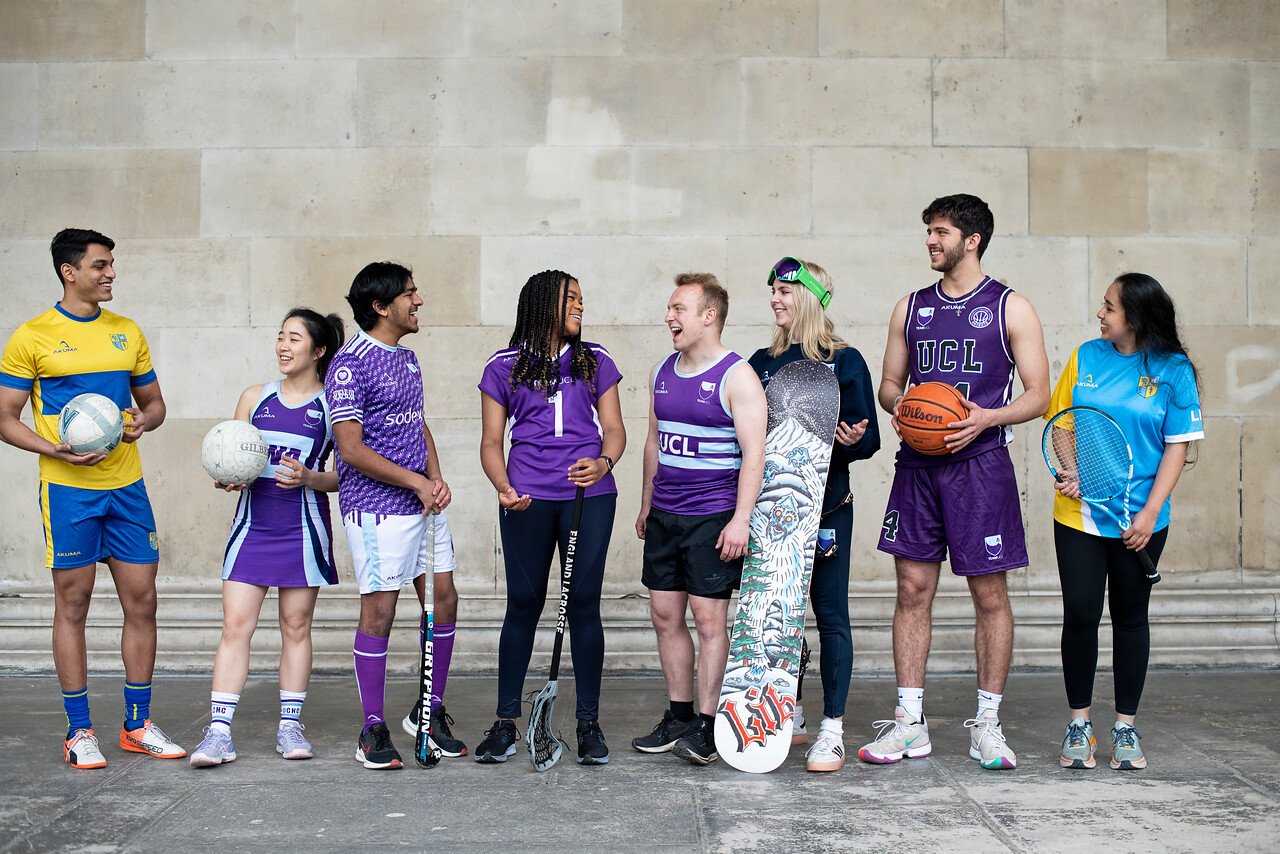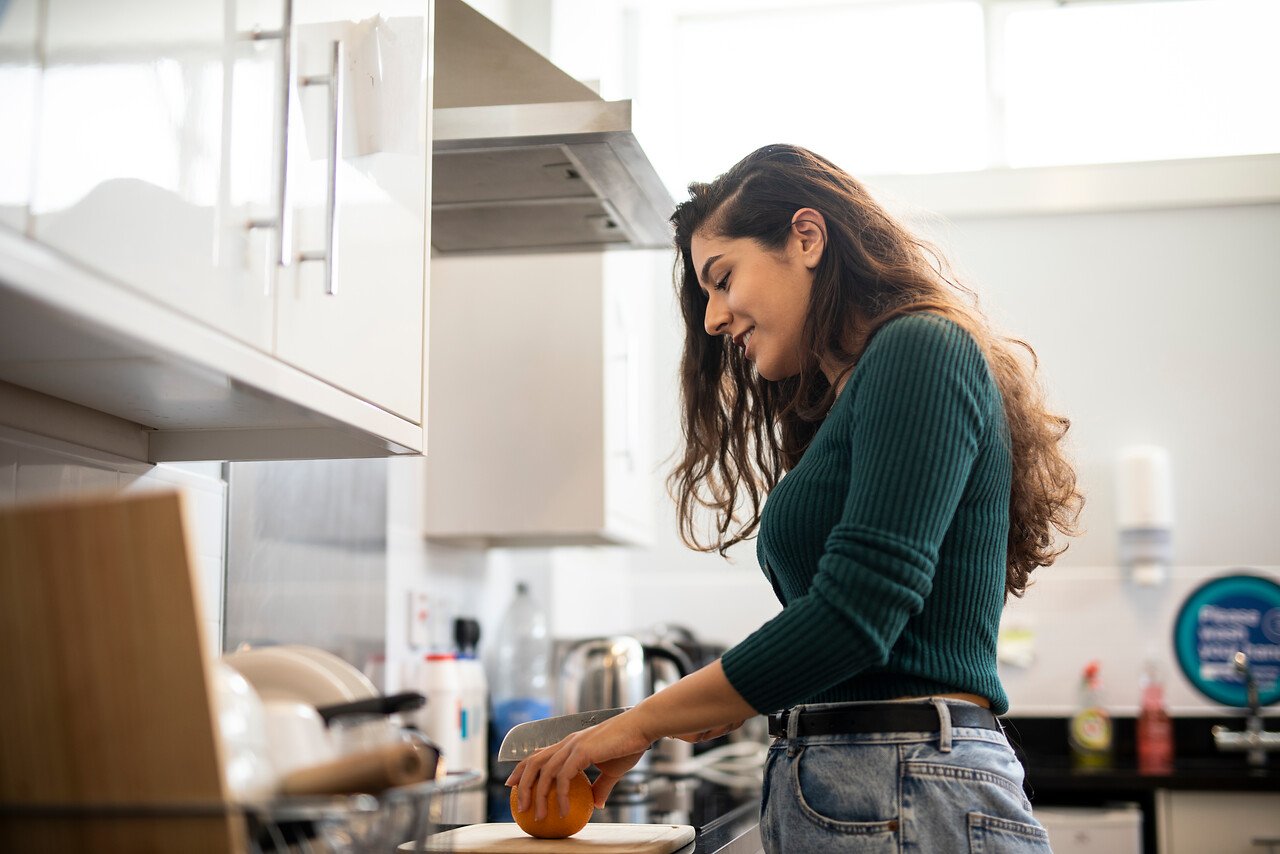Top 10 tips from UCL students for taking care of your mental health
We know that most of the time being a student is exciting and fun, but living away from home and getting the right work-life balance can be a challenge sometimes. It’s no surprise then that lots of you will feel anxious or depressed during your time at UCL.
Earlier this year, we asked UCL students how they take care of their mental health whilst studying at University. We thought we’d share some of that advice below, in the hope it will help others who might be struggling right now...
1. 'Give therapy a go'
There is always help available to you throughout your time with us at UCL. You could try counselling through a drop-in session or appointment. Professional staff can provide advice and support on a wide range of mental health and wellbeing subjects.
2. ‘Do a sport. Get involved in a club, it’s a lifesaver'
There are 100s of sports teams and societies available to you at UCL. This is a great opportunity to make new friends and find other people who get what you’re about. Most importantly, sport is for everyone, at any level.

3. ‘Write down 5 things you're grateful for’
We love this one! Taking time to practice being thankful encourages you to reflect on your day and week. Showing gratitude can improve your mood, even when you focus on the smallest things around you. It’s also harder to focus on negative or toxic emotions when you’re filled with gratitude.
4. ‘Workout for an hour a day if you can'
You probably won’t feel like it, but studies have shown that just 20 to 30 minutes of exercise each day can make you feel calmer. This is because exercise causes your body to release endorphins, the chemicals in your brain that relieve pain and stress. It also reduces the levels of stress hormones, cortisol and adrenaline.
If you're new to exercise, why not try one of our Project Active classes? They're beginner friendly, low cost and you'll be working out alongside a super supportive group!
5. ‘Write, speak, draw out the emotional thoughts you have! It allows you to detach from them’
So true! If you need a hand, Good Thinking provides a range of digital mental wellbeing support to help you draw out your thoughts. This includes free NHS-approved apps to help you deal with stress, anxiety, low mood and poor sleep.
6. ‘Make time for good food and turn your devices off while eating… be in the moment’
The barrage of text alerts and our constant social media engagement can take a mental and emotional toll. When you’re anxious, a constant influx of information will only leave you feeling more overwhelmed, plus reducing screen time allows you more time to connect with others. You can also boost your mental health by eating plenty of fruit and veg along with foods rich in omega-3 fatty acids, such as salmon.
Here's a handy article from UCL with some easy-to-make, healthy revision snacks.

7. ‘Talk to a good friend’
You might want to isolate yourself from people when you feel down, but social interaction can help you to stay on the right track. Several students have shown that people who have satisfying relationships with family, friends and their community are happier, have fewer health problems and even live longer. There are lots of opportunities to make new pals during your time at UCL – joining a club or society might be an idea.
8. ‘I have a YouTube playlist of comfort videos for days I can’t physically get out of bed’
This is a great tip – it’s all about being prepared and listening to your mind and body when you don’t feel well. Whatever makes you feel calm, do it – be that watching YouTube videos, reading a magazine, running a bath, or listening to your favourite songs. Let your mind drift and your body relax and you’ll slowly increase your sense of wellbeing.
9. ‘Crying is healthy if you need it’
Don’t be afraid to show your emotions if you’re feeling low – it’s totally normal. UCL works in partnership with Care First to provide you with telephone and online counselling support. Care First counsellors, who are all professionally qualified and accredited by the BACP, are available from Monday to Friday 5pm to 9am, and for 24 hours during weekends, bank holidays and UCL closure periods
10. ‘Go for a morning walk’
If you can get up and out of bed, get outside for a stroll, even if you have nowhere you need to go. And why not pause for a moment and try a spot of mindfulness? Headspace guides you through exercises, activities and meditation to help you get happier and healthier. Meditation has been shown to help people stress less, focus more and sleep better.
Resources
With all the information out there, it’s difficult to know where to start so we’ve done the research for you and have found some great websites, apps and tips on how to keep your mind and body healthy.
For a start, UCL Student Support and Wellbeing comprises a range of services and resources for students at all levels. They’ve got same-day appointments with advisers, counselling, and a huge collection of resources for mental health and wellbeing in general, as well as support for specific concerns including depression and anxiety.
Look through the website to find out how you can be supported and how to get in touch.
It’s okay to not be okay and to struggle with everything that is going on at the moment. There are a lot of charities out there that are here to help you if you need them - here are a few examples.